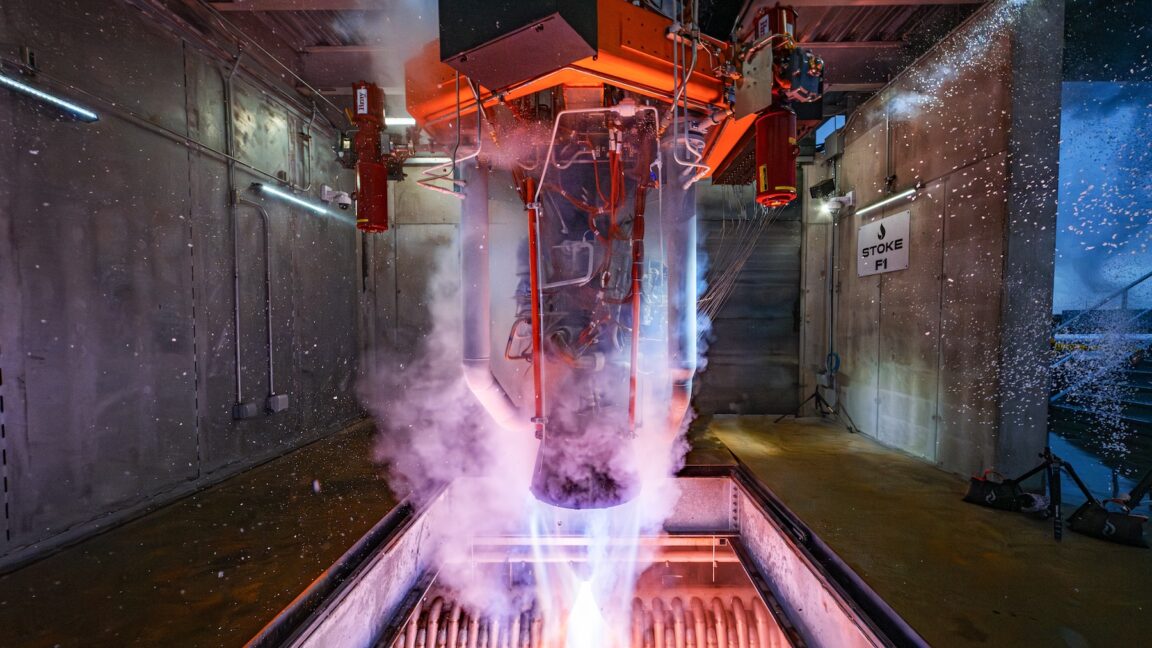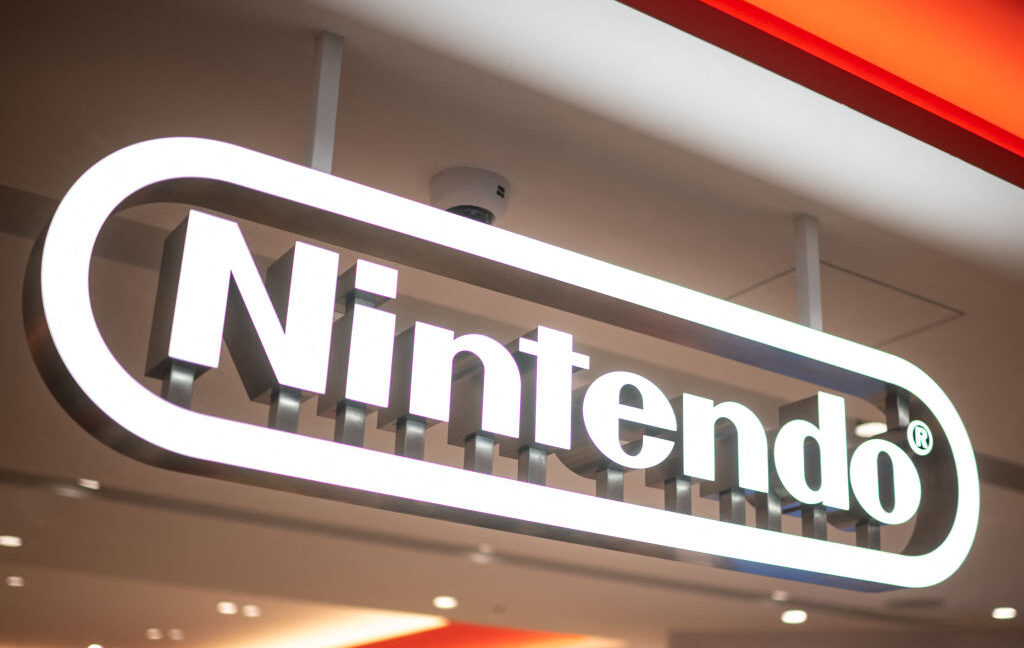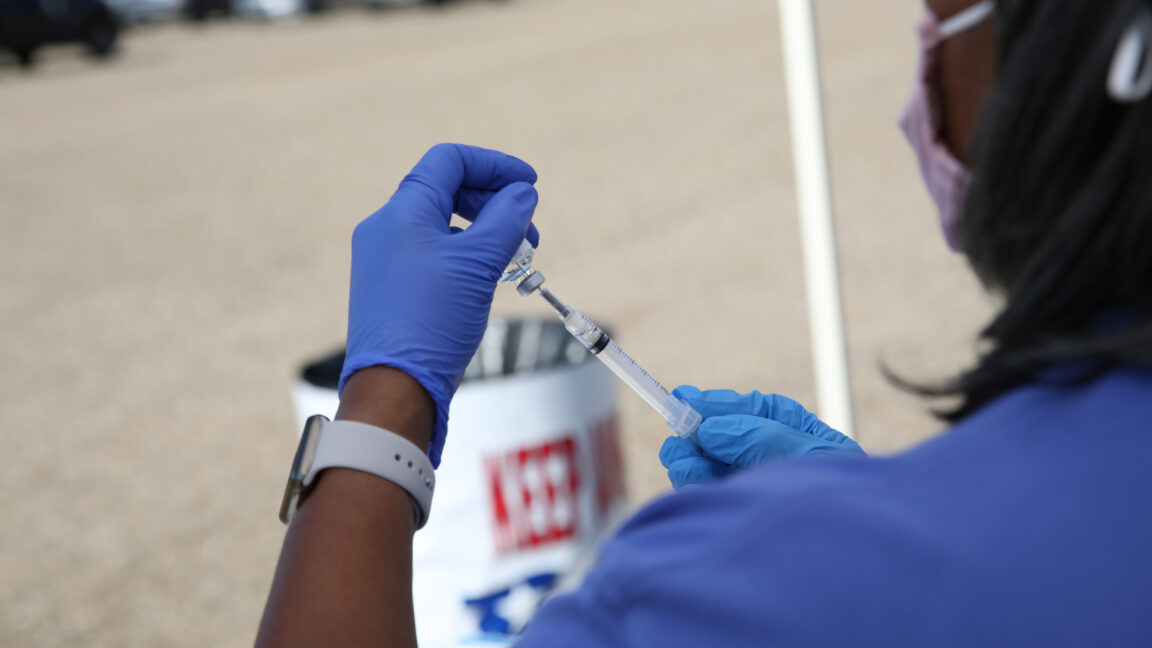As EPA Rolls Back Regulations for Large Industrial Polluters, It Finds a New Target: A Two-Person Geoengineering Startup

The U.S. Environmental Protection Agency is demanding information from a small geoengineering startup company it says is launching pollution into the air.
The EPA’s Office of Air and Radiation submitted a demand for information to Make Sunsets, which launches balloons filled with sulfur dioxide (SO2) into the atmosphere in an attempt to lower the planet’s temperature and sell “cooling credits.”
“The idea that individuals, supported by venture capitalists, are putting criteria air pollutants into the air to sell ‘cooling’ credits shows how climate extremism has overtaken common sense,” EPA Administrator Lee Zeldin said in a written statement. “Based on Make Sunsets’ responses to our information request, we will look into all our authorities to ensure that we continue maintaining clean air for all Americans.”
David Bookbinder, the director of law and policy for the Environmental Integrity Project called the demands “ridiculous.”
“It’s absolutely hilarious that Zeldin and EPA, which is doing its level-best to allow emissions to increase as much as possible—exempting industries, rolling back rules, determined to just let industrial sources put whatever they want into the atmosphere—[to say] that he’s concerned about sulfur dioxide emissions from balloons the size of three bread boxes put together.”
When released in the stratosphere, sulfur dioxide can cool the planet by reflecting sunlight back into space. However, the EPA considers SO2 a “criteria pollutant” that can harm human health and the environment. This occurs when elevated concentrations of the pollutant occur closer to Earth, either from ground-level emissions or, potentially, if large volumes of SO2 were used in geoengineering and subsequently fell back down to Earth. Sulfur dioxide near the Earth’s surface can cause respiratory problems and acid rain.
The National Academies of Sciences, Engineering, and Medicine notes that solar geoengineering “could reduce the surface temperature of Earth, but there are many unknowns about the impacts solar geoengineering would have on ecosystems, human health, and political and economic systems.”
In a Tuesday post on the social media site X (formerly Twitter), Zeldin added, “This company is polluting the air we breathe. I’ve instructed my team that we need to quickly get to the bottom of this and take immediate action.”










